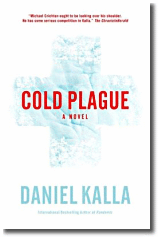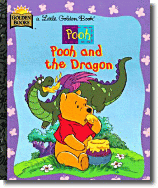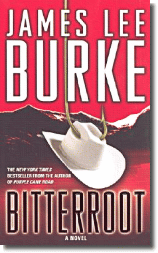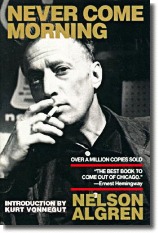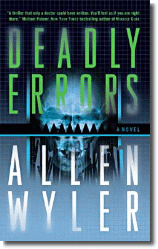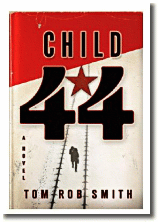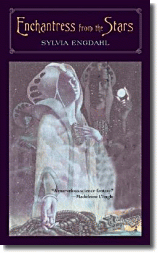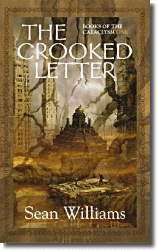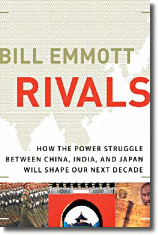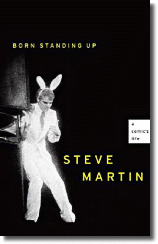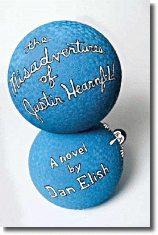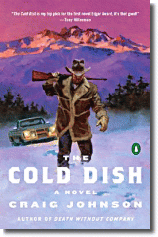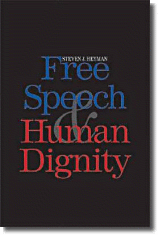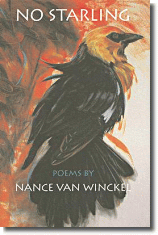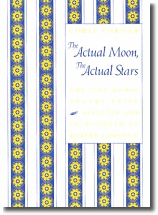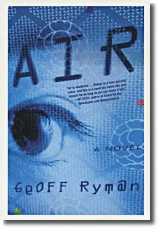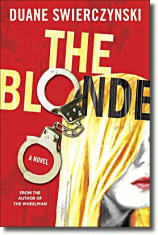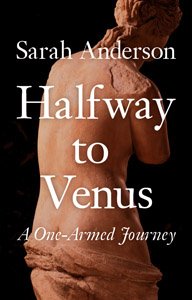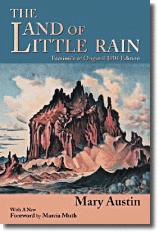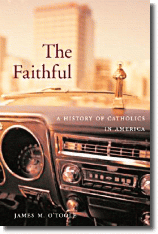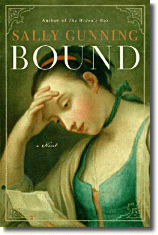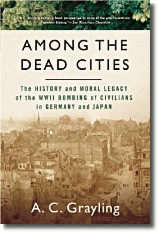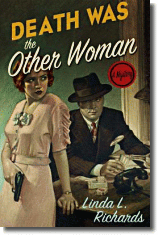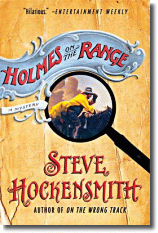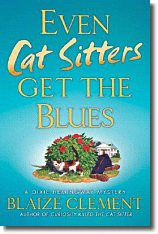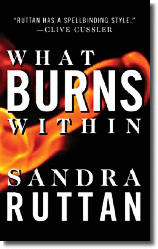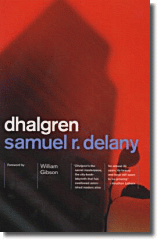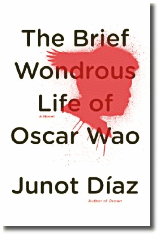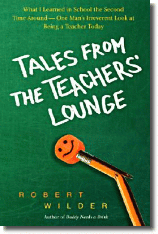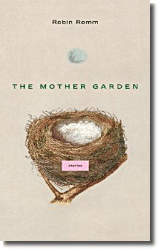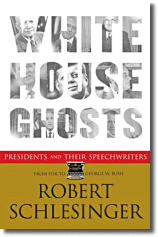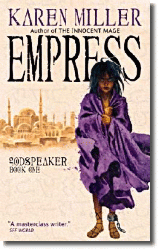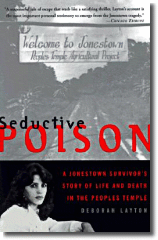
His entry opens:
Most of my reading relates to research for the book I am working on. My next book is about Guyana, and so I am reading Seductive Poison, an account of the events that led to the Jonestown Massacre. It's not particularly well-written and it sometimes feels like watching a train crash in slow motion. Nonetheless it's quite an important book, demonstrating how easily a large and vulnerable section of society were brain-washed by the crank, Jim Jones. [read on]John Gimlette has won the Shiva Naipaul Memorial Prize and the Wanderlust Travel Writing Award, and he writes regularly for The Daily
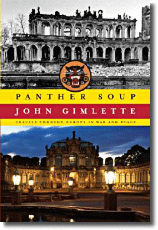 Telegraph, The Guardian, and Condé Nast Traveller.
Telegraph, The Guardian, and Condé Nast Traveller.His books include At the Tomb of the Inflatable Pig and Theatre of Fish, both nominated by the New York Times as being among the "100 Notable Books of the Year."
When not traveling, he practices law in London, where he lives with his family.
Read an excerpt from Panther Soup, and visit John Gimlette's website.
Writers Read: John Gimlette.
--Marshal Zeringue
